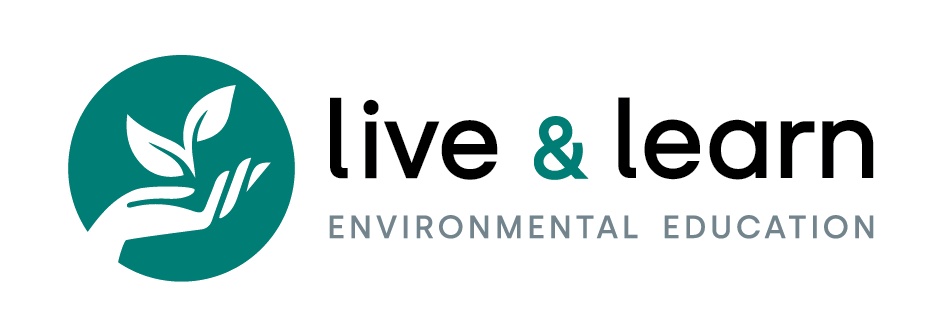Pacific Island nations face many challenges to their food resilience, but there is also huge knowledge and opportunity throughout the region to help overcome these difficulties.
Factors like limited arable land, sea level rise and extreme weather can all make food production difficult. But at Pacific Food Week, Live & Learn teams learned a range of techniques and skills they could use to continue moving their communities towards greater food resilience.
Fiji-based organisations like Bula Agro, Bulaccino Fiji and the Foundation for Rural Integrated Enterprises and Development (FRIEND) all shared their expertise with Live & Learn teams who are working on either the Atoll Food Futures project or the Climate Resilient Islands programme.

The workshops covered skills from food processing and preservation techniques to seed saving and plant propagation, as well as topics like agroforestry, composting and nutrition. They also discussed how these could be contextualised to the variety of atolls and islands the teams are working across.
With relatively little experience in food resilience work, the Solomon Islands team said they found huge value in these lessons.
‘Food week was truly a milestone for the CRI Solomons team,’ said Wilton Laifiu, CRI coordinator for Solomon Islands. ‘The chance to physically visit the different farming practices at Bula Agro and Bulacchino Agro farming gives an insight into the option to do agro-farming in our CRI communities.
‘It was also a privilege to see the food processing skills demonstrated by FRIEND. Those are the necessary skills that we here in the Solomon Islands need if we are to add value to our different food that are available within our communities. These are amazing discoveries learnt during our workshops.’
For Live & Learn Tonga, these demonstrations were useful not only for improving food resilience but also helping with local nutrition.
‘Food week was really amazing,’ said Alani Afu, Live & Learn Tonga country manager. ‘I observed so many new ideas and skills.
‘For example, nutrition. You can eat fancy food, but what I’ve learned from our workshop is that you really need to consider the nutrition to keep you healthy. And you need to grow the plants in your yard so you can extract from that, not the shop, for healthy food like cassava.
‘We plant so many cassava to export overseas, but what I’ve learnt from FRIEND is that you can cook different products from cassava. For example, I’m always dreaming of having roti with curry in my house, but I don’t know how to make it. After visiting FRIEND, I can’t wait to go home and make a roti using the cassava.’

As well as the skills taught by FRIEND, the Vanuatu team also highlighted the importance of the seed saving and propagation techniques they learnt during the visit to Bula Agro nursery.
‘[This will] enable us to improve the sustainability and self-sufficiency of our farming methods in rural communities of Vanuatu,’ said Serge Warakar.
‘This visit broadened our knowledge and skills in food security, equipping us to implement effective strategies to boost food security. We are eager to share and implement these techniques.’
The teams involved in Pacific Food Week have now taken their lessons home and begun to look at how they can bring them into their projects to share the benefits throughout their communities, taking people across the Pacific towards greater food and climate resilience – the primary aim of the whole event.
‘We learned so much from what we saw,’ said Teera Eriuta from the Kiribati team. ‘Exchanging ideas, sharing and reflections from experiences, especially from each day’s activities, were in fact a way of motivating and strengthening each other to move forward towards atoll resilience.’
Pacific Food Week was an initiative of the Atoll Food Futures Project, an Australian Aid initiative implemented by Live & Learn Environmental Education on behalf of the Australian Government, and the Climate Resilient Islands programme, New Zealand Ministry of Foreign Affairs and Trade initiative.

